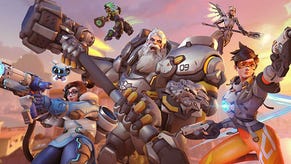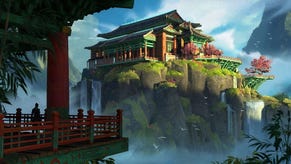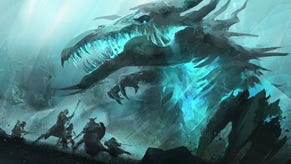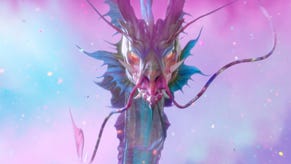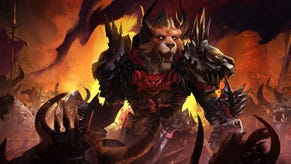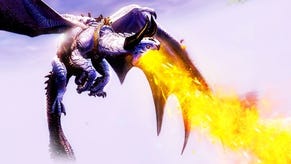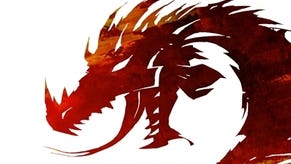Guild Wars 2
Wow factor.
"We don't intend to be number two this time. We certainly have our sights set on number one."
Mike O'Brien, president and co-founder of Guild Wars creator ArenaNet, does not seem like a man prone to overstatement. He comes across as a quiet, shrewd technician; at Blizzard, he programmed the Warcraft III engine and the original version of the Battle.net online platform.
And yet here he is, in ArenaNet's Seattle offices, saying what no other massively multiplayer game developer would dare say. After years of dashing themselves hopelessly against the granite cliffs of World of Warcraft's dominance, most have set their PR plans to 'manage expectations' and their business models to 'evasive action'. O'Brien, though, is quite casually calling out the elephant in the industry – and letting his former colleagues know that, after over six years, their time is up.
"We can make the highest quality MMO ever released. That's been our goal: this will be the highest quality game that the industry has ever seen... And it still has no monthly fees."
In the current repressed atmosphere in MMOs – when even titanic productions like LucasArts and BioWare's The Old Republic act coy – his words come as a shock. It's breathtaking audacity.
A good job, then, that Guild Wars 2 is the most exciting MMO we've seen in the last three years.
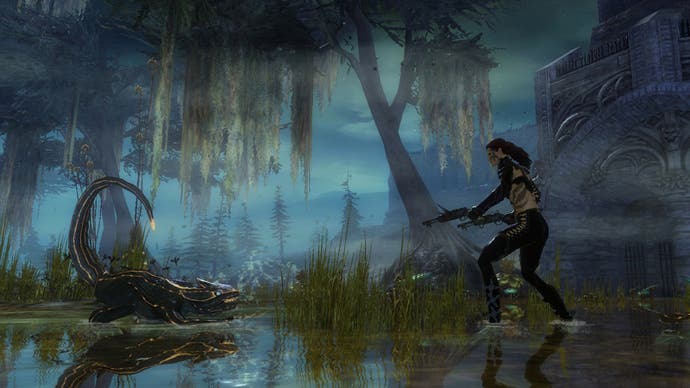
There have been more innovative-sounding genre mash-ups, but these either failed to deliver on their rhetoric (APB) or vanished into development hell (The Agency). There have been other big-budget WOW rivals, but from Warhammer Online to The Old Republic, the best they seem able to muster is to keep pace with, or straggle just behind, Blizzard's relentless refinement of its flagship. For the first time, in Guild Wars 2, we have a game that is clearly and confidently a few strides ahead.
Playing it, Guild Wars 2 doesn't seem as radical as you might think, or as ArenaNet and its owner NCsoft might suggest. The biggest step the series makes in this sequel is to move from a largely instanced game with social hubs to a full-scale persistent world, with all players on a server sharing the same adventuring maps.
Two huge and risky decisions have been made in its design: junking the "holy trinity" of character class roles (protective 'tank', damage-dealer and healer) and doing away with the quest-style architecture for game content. Yet, in moment-to-moment play, Guild Wars 2 looks and feels instantly and reassuringly like a fantasy MMORPG – just a noticeably fresh one.
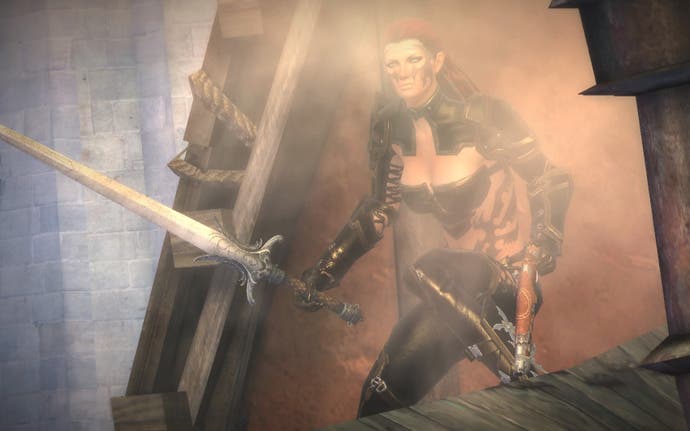
It's a question of flow. Combat is still hotkey-based, but faster and smoother and more streamlined, involving more movement and positioning. The levelling curve is now an almost flat line, replacing the epic ascent with a steady journey where content, not advancement, is king.
Socialising and grouping have fewer obstacles and happen more organically; questing is replaced by a dynamic events system that bins all the busywork and box-ticking admin from your adventures. Storytelling and the world itself have more consistence and logic. Even the map screen has changed from a static window to a fluid, hand-painted drag-and-zoom affair, like a watercolour Google Maps.
The word ArenaNet's staff keep returning to when discussing the game is "seamless", and it's not hard to see why. It's equivalent to what Naughty Dog achieved for the action-adventure with Uncharted 2, but on a far grander logistical scale. Guild Wars 2 is an MMO where you almost can't see the joins.


